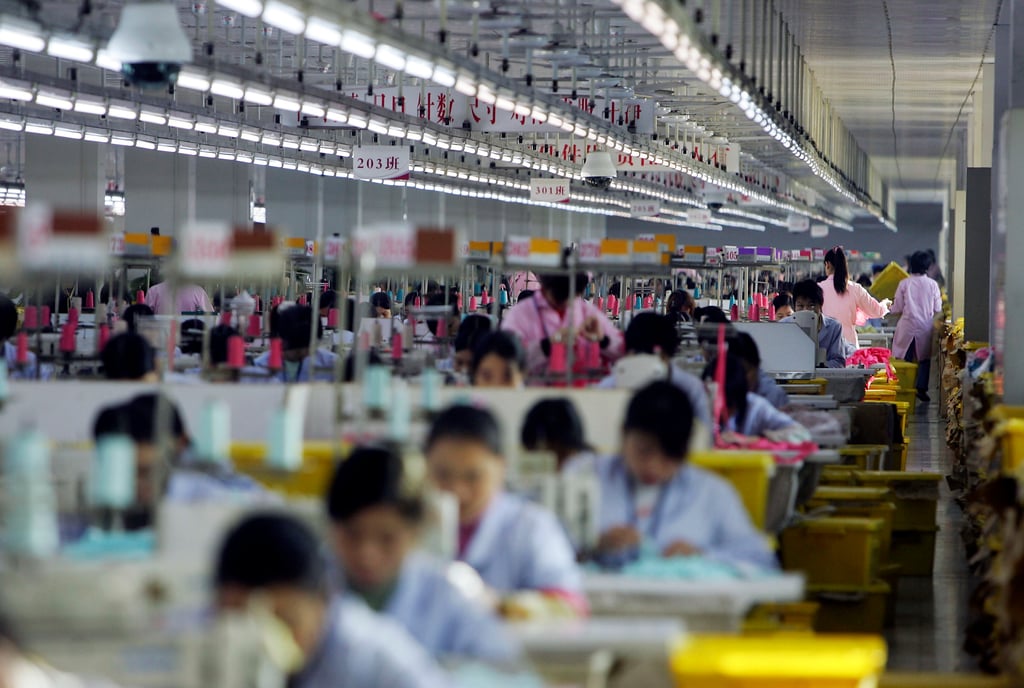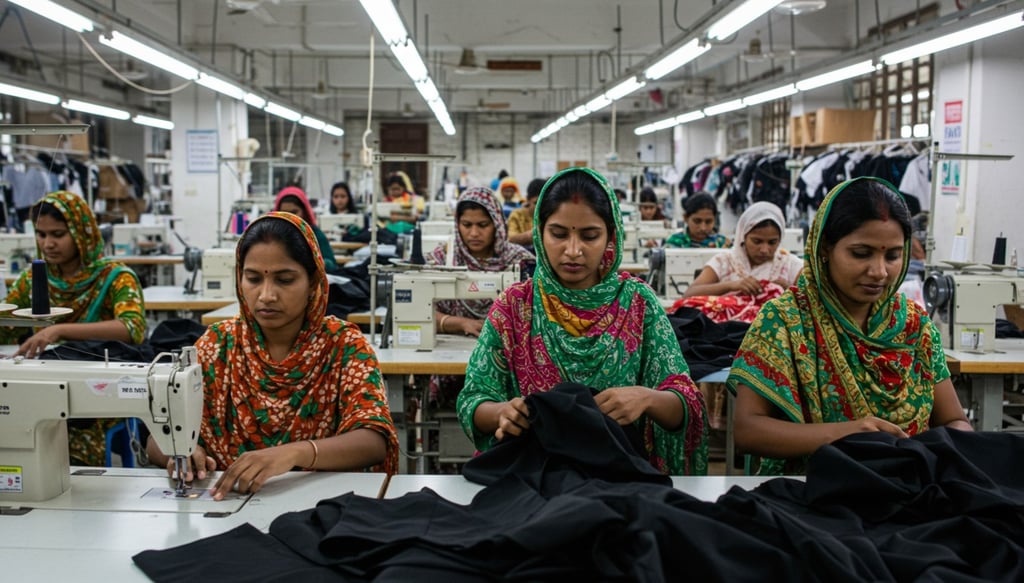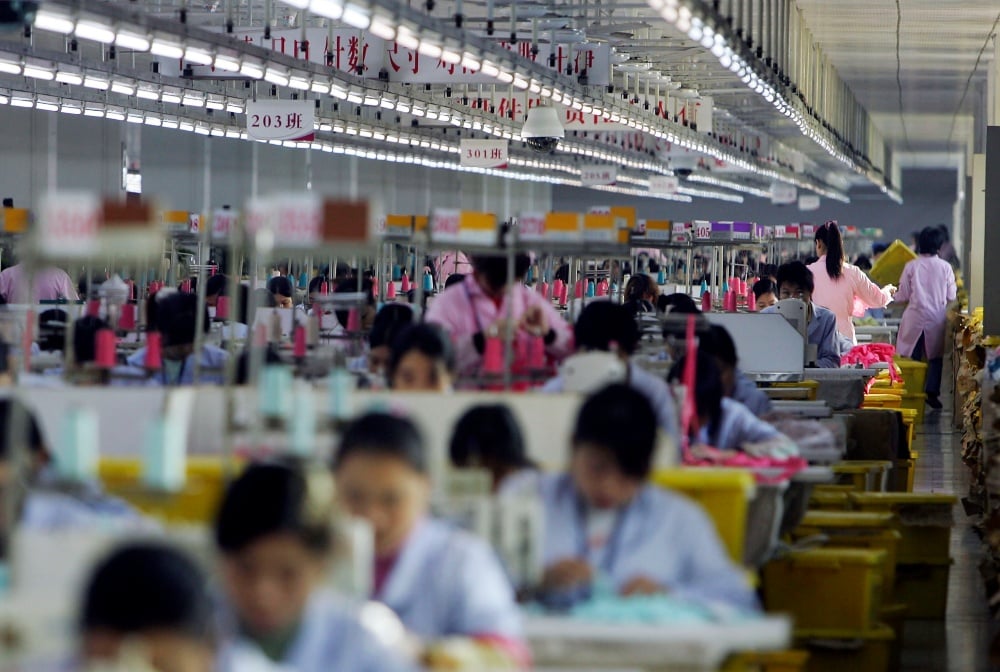LRQA’s India Grievance Mechanism Helpline, Ungal Kural (translated as Your Voice in Tamil) is delighted to announce that it will be partnering with Change Alliance Private Limited, a New Delhi-based leading social impact consultancy with a focus on promoting workers’ rights and inclusive development.
Since its pilot in the Tamil Nadu apparel sector in 2022, the scope of the Ungal Kural Helpline has broadened to include new sectors such as aquaculture. As a result, there is a greater need for specialised local knowledge in human rights, labour standards and gender equality unique to these sectors. Building on the experience and lessons learned from the last two years, we are also looking to introduce targeted, innovative engagement methods that will reduce barriers to grievance reporting and remediation. Change Alliance is the ideal partner to help us implement these enhancements to the Helpline.
Change Alliance is a recognised organisation in India for delivering impactful programmes on Business & Human Rights, for testing innovative methodologies and for providing impact advisory and technical support that empower marginalised and vulnerable communities. Building on its extensive experience in this domain, Change Alliance specialises in delivering programmes on diverse themes, including ensuring decent work and better working conditions for workers, strengthening workers' rights, access to remedy and grievance redressal mechanisms, advancing gender equality, diversity and social inclusion, as well as fostering business and human rights. This expertise spans various sectors, such as garment, sugarcane, cotton, construction and agriculture, with a focus on expanding into new sectors. Through this partnership between LRQA and Change Alliance we will deliver an industry-leading grievance mechanism, enabling business to better assess supply chain risks, empowering workers to voice their grievances effectively and receive meaningful remedy. This partnership also embodies our commitment to continuous improvement, one of the eight criteria of the United Nations Guiding Principles on Business and Human Rights (UNGPs).
“Over the years, Change Alliance has partnered with various stakeholders to advance the implementation of the UN Guiding Principles on Business and Human Rights, in various sectors of businesses. Our efforts began with unpacking the practical implications of these principles for supply chains, followed by implementing key programs to protect and uphold workers’ rights across diverse value chains in India. Building on this experience, we are excited to collaborate with LRQA to strengthen workers' access to remedy and grievance redressal mechanisms. This partnership aims to create a holistic, multi-stakeholder environment where workers, communities, suppliers, brands, and other key stakeholders collaborate effectively to uphold and comply with the principles of Business and Human Rights.”
– Dr. Archana Shukla Mukherjee, Chief Executive Officer (Interim), Change Alliance Private Limited.
Case study: The apparel sector in Tamil Nadu, India
In recent years, media and NGO reports[1] [2] have shone a spotlight on labour issues in the region of Tamil Nadu, India, a pivotal hub of India’s garments and textile production for major European and US brands and retailers. Issues reported include excessive working hours, withholding of wages, sexual harassment, occupational safety and health.
Tamil Nadu garment and textile industry is additionally characterised by a practice called the Sumangali Scheme where young women are hired under a three-year contract into the textile industry, particularly in spinning mills, with the promise of a lump sum payment at the end of the contract term. Young women are predominantly employed from marginalised communities in other states to work in Tamil Nadu. These practices have led to violations of labour rights, including freedom of movement, wage deductions, harassment and abuse, child labour and bonded or forced labour.
Fair Wear Foundation have highlighted that despite India banning all forms of forced or slave labour, including the Sumangali Scheme[3], the violations of human rights continue to persist due to inadequate implementation and lack of enforcement across the country. Furthermore, whilst brands and retailers regularly undergo third-party audits, Transparentem have emphasised the necessity for business to take more substantial actions to ensure their suppliers adhere to local and international laws, preventing any form of bonded labour from being associated with their global supply chains[4].
Buyers and retailers sourcing from garment manufacturers in Tamil Nadu have faced intensified pressure from consumers, investors and shareholders to enhance their supply chain due diligence practices. Additionally, buyers and retailers now must identify, prevent and mitigate adverse human rights and environmental impacts in their operations and supply chains in order to comply with new and emerging human rights due diligence laws, including the EU Corporate sustainability Due Diligence Directive (CSDDD).
LRQA implemented the Ungal Kural Helpline in Tamil Nadu, to provide workers an accessible and user-friendly channel to report concerns, ensuring their voices are heard, and rights protected. With over a decade of experience in running best-in-class Grievance Mechanisms, LRQA’s India-based Helpline is designed in line with United Nations Guiding Principles on Business and Human Rights. Ungal Kural Helpline is accessible to garment workers through a toll-free line, WhatsApp, Facebook Messenger and operates in Tamil, Hindi, Odia, Telugu and English. The Ungal Kural Helpline is implemented in collaboration with twelve brand partners and operating across forty supplier sites across 5 states in India.
After over 2 years of operation and providing over 15,000 workers with access to the Helpline, LRQA has complied some key takeaways regarding operating an effective grievance mechanism in India:
- India has unique challenges and opportunities, and therefore its solutions should also be unique and localised. Women migrant workers constitute a large proportion of the workforce at garment factories, who are economically marginalised, have lower levels of literacy, and lack understanding of their basic labour rights so they are less likely to raise grievances. It is vital for grievance mechanisms to collaborate with local organisations who have legitimate access to these communities and understand the cultural sensitivities to foster trust among these workers.
- Effective engagement with factory management is critical to ensuring effective access to, and use of the grievance mechanism. Engaging with suppliers effectively is essential to help empower workers to raise issues about their workplace without fear of retaliation. Regular engagement session with factory management, for example, can foster relationships and enhance their understanding of the significance of a grievance mechanism within their workplace. It is vital to engage factory management during the design and development phase of the grievance mechanism to facilitate open and transparent communication.
- Capacity building support should be provided to strengthen suppliers’ ability to remediate issues. Initially, factories’ grievance management processes and management’s understanding of labour rights and their obligations to upholding those rights can be relatively weak. Therefore, the Ungal Kural Helpline provides support and recommendations to suppliers to ensure grievances are addressed in line with local and international standards, applicable legislation and best practices. Buyers and retailers can provide further support by developing programs that strengthen suppliers’ capacity to investigate, handle and remediate grievances.
- Long-term remediation requires active collaboration between multiple stakeholders throughout the supply chain. Many grievances received through Ungal Kural Helpline highlight underlying systemic issues within the workplace culture that cannot be resolved quickly. Appropriately addressing it requires a review of the workplace culture, investigation in the root causes, and the implementing of robust management systems and policies.
[1] Spinning Around Workers’ Rights - SOMO
[2] Investigation Uncovers Abuse of Vulnerable Workers in Tamil Nadu: Companies Initiate Corrective Actions; Broader Industry Improvement Needed - Transparentem
[3] Guidance-on-Sumangali-India.pdf
[4] Investigation Uncovers Abuse of Vulnerable Workers in Tamil Nadu: Companies Initiate Corrective Actions; Broader Industry Improvement Needed - Transparentem








